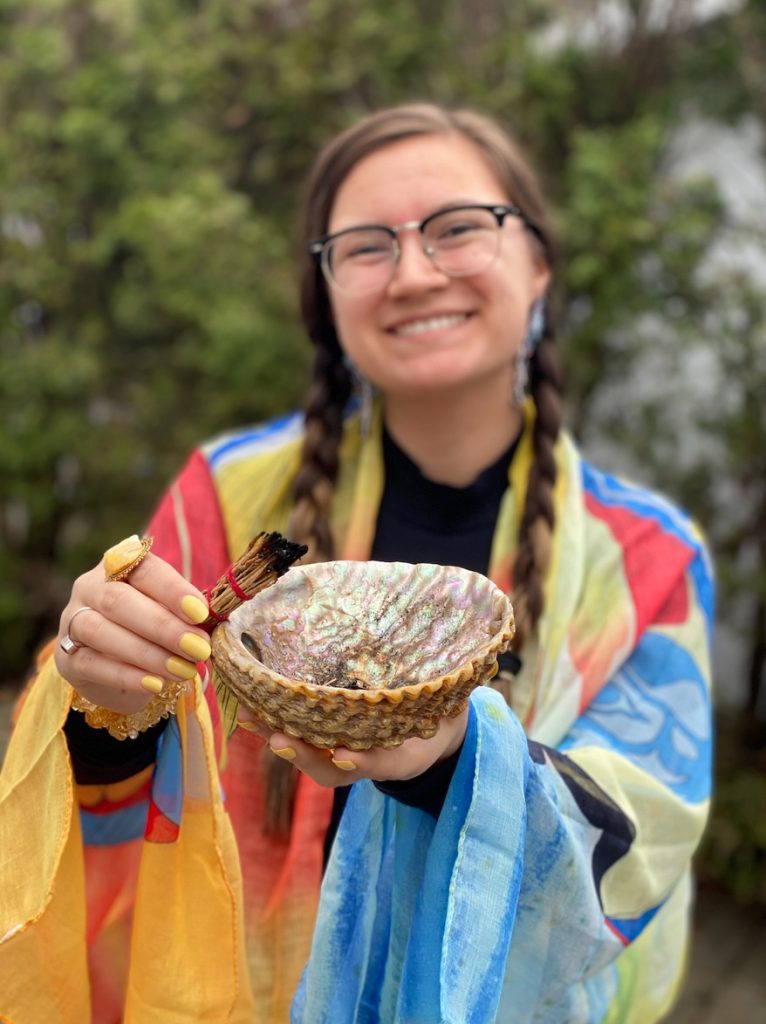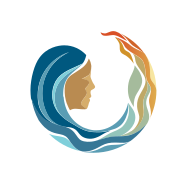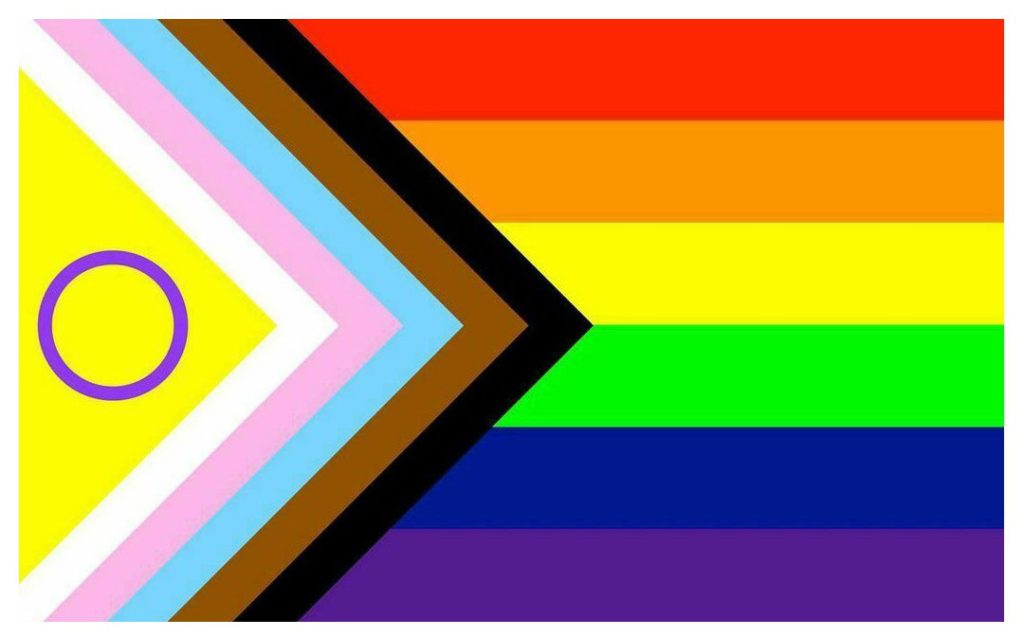Grace Swain

Addressing Intersecting Stigma and Discrimination, and Gender Equality : Grace’s Story
My name is Grace Swain, I am Ojibway and Potawatomi and I am currently registered under my fathers reservation, Swan Lake First Nation in Manitoba. My parents gave me my name and named me after my great grandmother Grace Manitowabi. My ancestors on my fathers side come from the Treaty One Territory in Swan Lake Manitoba. All of my ancestors were leaders and occupied the position of chief. My great grandmother is from the Turtle Mountains reservation in North Dakota and traditionally spoke Chippewa which is a dialect of Ojibway. My great grandfather Michael Swain was from the Whitehorse Plains which was the territory of Cuthbert Grant. He traditionally spoke Saulteux which is also a sub dialect of Ojibway, and he spoke Michef, English and French. On my mother’s side, they originally came from Northern Michigan but as a result of wars were forced to move to Northern Canada. Her reservation is on Manitoulin Island on Wiikwemkoong First Nation. On my mothers side they are descendants of the Ojibway, Odawa and Potawatomi. These three Nations make up the keepers of the fire. On my mothers side I also come from a long line of chiefs.
My relationship to the empire goes back to the Metis Resistance of the West in 1885. My ancestor John Swain was directly part of the Red River Metis Rebellion and actually froze to death through his efforts in the resistance. In addition, my grandfather’s mother Kipitachek was a full blood Indigenous woman from an Ojibway reservation near Broadview Saskatchewan. In 1920 she moved to the Swan Lake Reservation where my grandfather John Swain was born. My grandmother Theresa Swain is from the Turtle Mountains reservation in North Dakota where treaty one negotiations were made. She moved to Swan Lake First Nation and this is where my family currently resides. In terms of colonialism in relation to my family – my grandfather attended a residential school which has greatly affected my family. After this my grandparents felt a lot of shame surrounding their culture and never passed on our language. My grandparents did not want their children to have an “Indian” accent and be made fun of and therefore decided not to teach my father and his siblings their Native language. However, I am currently learning the language and I feel a sense of belonging when I visit my family in Swan Lake Manitoba. This is where all of my aunties, cousins and grandparents are. My grandparents speak Ojibway and I feel a deep sense of pride and connection when I am there. This is where I bead with my family, attend pow wows, and cook traditional meals.
My ancestors have lived on this land since time immemorial and the only immigrants in my family are from four to five generations back; coming to North America from England and Ireland. This cultural combination has given me a close connection to my Metis roots as well. As previously mentioned my ancestors originated in Northern Michigan, the Turtle Mountains Reservation in North Dakota and from Broadview Saskatchewan. My entire family has Ojibway and Potawatomi descent.
As for what I am doing to advocate for gender equality in my community, workplace, school and social interactions – I have just graduated from Western University with an honors specialization in Women’s Studies. I chose Western because I wanted to break generational curses in my family. My sister and I were the first people in my family to attend University and I wanted to help pave the wave for our family. More importantly, I wanted to use my education to inspire and empower Indigenous youth with my newfound knowledge. As an Indigenous woman, we are paving the way in the world of business. In fact, between 2011 and 2016 the growth rate of Indigenous women who were self-employed was 46 percent. Therefore, I knew that majoring in Women’s Studies would further help me understand how I can contribute to my Indigenous communities and serve Indigenous women in a powerful way. Thus, this education will enhance my abilities to contribute to Indigenous feminism, Indigenous communities, will help me create job opportunities for Indigenous women, create more scholarships for my reservation, and help me launch my business portal.
Some of my past challenges have been navigating “walking in both worlds”. As an Indigenous woman who attended a Eurocentric educational institution it can be difficult at times to navigate and find your place. In addition, reclaiming our culture and learning the traditional ways has been a struggle for sure. As mentioned earlier, my grandfather attended a residential school which has greatly affected my family. After this my grandparents felt a lot of shame surrounding their culture and never passed on our language. My grandparents did not want their children to have an “Indian” accent and be made fun of and therefore decided not to teach my father and his siblings their Native language. However, I am currently learning the language, attending ceremonies and practicing my culture. My successes have been starting a successful business at the age of 18. In addition, I am taking on another business when I am done University. I have also created a scholarship for a student from Swan Lake First Nation going to University. I’ve also led projects for the Indigenous Student Association at Western University and have helped advocate for Indigenous rights throughout my postsecondary education. I have also volunteered with ANOVA in London Ontario which is an organization that provides safe places, shelter, support, counselling, and resources for abused women, their children, and all oppressed individuals to find a new start. I was also the first Indigenous Residential Advisor on a campus floor for the first-ever Indigenous floor. On this floor I created an inclusive space for BIPOC students and hosted events for Indigenous students such as Elder talks and beading circles. I was even featured on CBC news for my efforts on this floor. Thus, I will be building on these challenges because I believe there are no mistakes, only lessons to be learned. And I look forward to utilizing my achievements to continue to advocate for Indigenous rights and opportunities.
I started a business called Anishinaababe and I help BIPOC women in the spiritual, holistic, and wellness industry generate consistent 5k months. I work with a lot of coaches who also work from home. I have a blog and TikTok account with over 120,000 followers and over 3.6 million likes. On all of these platforms, I am passionate about decolonizing the spiritual sphere, creating inclusive businesses, and advocating for Indigenous youth. On my blog not only do I educate on Indigenous culture, but I also have Indigenous features of the month where I utilize my platforms to showcase Indigenous youth. This is a great opportunity for them to increase their following, gain new clientele and connect with other Indigenous creators. Also, I’ve actually just created the first Indigenous-led diversity mastermind for spiritual entrepreneurs this January. This mastermind is all about decolonizing businesses and creating inclusive ones. There are 5 guest speakers in my mastermind who are all paid BIPOC businesswomen. In addition, a portion of the proceeds is being made into a grant for Indigenous youth on my reservation (Swan Lake First Nation) planning to attend University. I have also made a scholarship opportunity for the mastermind and have an Indigenous business woman taking the entire mastermind for free. On top of these two exciting businesses, I plan on creating an Indigenous business portal to help aspiring Indigenous peoples in a bigger capacity. I have invested in multiple coaches and programs to learn as much as I can about Instagram, creating your own business, gaining clients, and growing on social media. I want to help other Indigenous creators do the same and have successful businesses through workshops, programs, and a free online site to access all the information I teach.
After I graduate, on top of running my own virtual business for BIPOC coaches (Anishinaababe) I am adding a second business to my life. My sister and I are taking over our aunt’s business The Silver Moccasin, which is the largest Métis store in Canada. This business also empowers Indigenous women – all of the products are authentically created by Canadian Indigenous artisans. My sister is a certified teacher, and I am currently taking Ojibway language lessons. On top of selling products, we want to teach workshops and lessons on Indigenous crafts, language, and art. We believe passing on the culture and traditions is crucial and through this business, we will have the audience and opportunity to visit schools and share our Indigenous culture. On top of these two exciting businesses, I plan on creating an Indigenous business portal to help aspiring Indigenous peoples in a bigger capacity. I have invested in multiple coaches and programs to learn as much as I can about Instagram, creating your own business, gaining clients, and growing on social media. I want to help other Indigenous creators do the same and have successful businesses through workshops, programs, and a free online site to access all the information I teach. Thank you for taking the time to read about my journey so far on Turtle Island.


